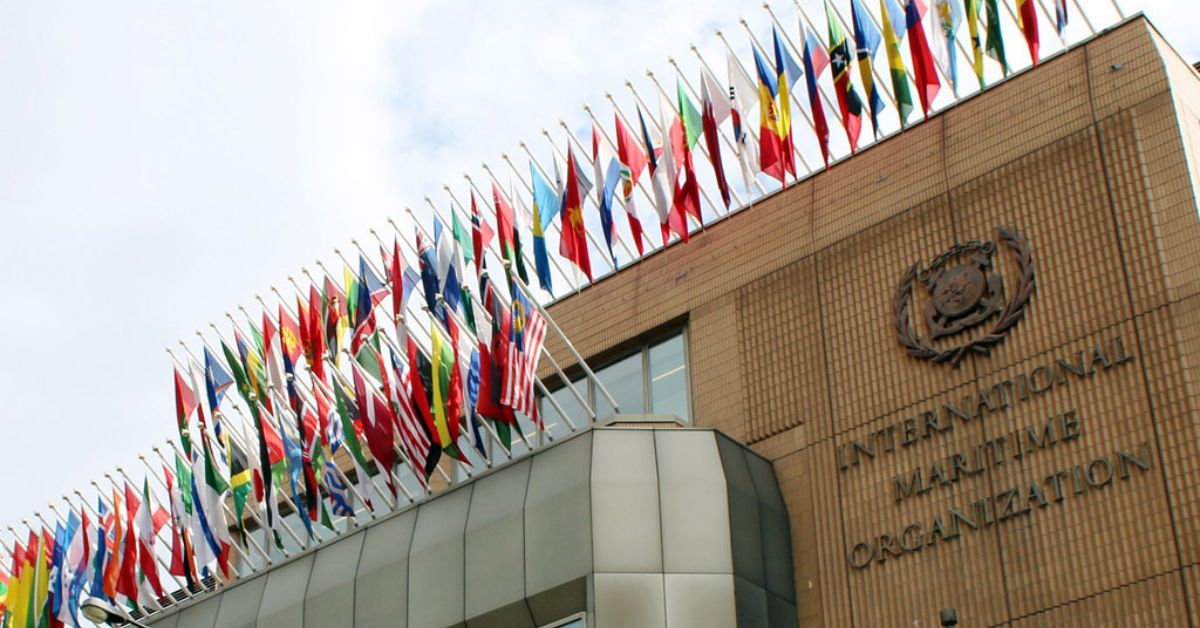The world’s leading maritime nations have convened in London this week to negotiate a landmark agreement that could fundamentally reshape the shipping industry’s approach to climate change. The proposed rules — known as the Net-Zero Framework — would for the first time impose a global fee on greenhouse gas emissions from ships, marking a major step toward ending the sector’s reliance on fossil fuels.
The talks, taking place at the International Maritime Organization (IMO) headquarters through Friday, are aimed at finalizing regulations that would gradually cut the carbon intensity of marine fuels and channel billions of dollars into developing green technologies. If adopted, the measures would be the world’s first global carbon pricing system targeting a single industry.
A Historic but Contentious Negotiation
The proposal has broad support from climate advocates and many IMO member states, but faces fierce opposition from a handful of major economies, including the United States, Saudi Arabia, and Russia. The US delegation, reflecting the Trump administration’s stance, has warned of possible retaliation if the plan is approved — raising the stakes for a vote expected later this week.
IMO Secretary-General Arsenio Dominguez opened the meeting by urging nations to act decisively. “The energy and digital transitions of shipping are already underway,” he said. “Without global rules, this transformation will be slower and more expensive.”
The Net-Zero Framework: How It Works
Under the proposed regulations, ships would be required to meet progressively tighter limits on the greenhouse gas (GHG) intensity of their fuels. Those exceeding the limits would pay fees based on their excess emissions, while cleaner operators could earn credits for outperforming the targets.
The pricing system sets two compliance thresholds: A base target defining allowable fuel emissions intensity, and a stricter direct compliance target, requiring deeper cuts.
Ships that emit beyond these levels would face charges of $380 per ton of CO₂ equivalent to reach the base target, and an additional $100 per ton penalty to meet the direct compliance threshold. Operators that emit less than required could sell surplus credits, creating a market incentive for low-carbon performance.
IMO estimates the fees could generate $11–13 billion annually, with revenues directed to a new Global Maritime Transition Fund. The fund would support investments in clean fuels and technologies, reward low-emission ships, and assist developing nations in modernizing their fleets.
If approved, the regulations would take effect in 2027, with enforcement beginning in 2028 for large ocean-going vessels over 5,000 gross tonnage — a segment responsible for about 85% of international shipping’s total emissions.
Balancing Costs, Technology, and Equity
Shipping currently accounts for roughly 3% of global greenhouse gas emissions, a share that has grown over the past decade alongside booming international trade. The IMO has committed to achieving net-zero emissions by 2050, a goal that will require rapid shifts toward new energy sources.
Potential solutions include green ammonia, methanol, electrification, onboard carbon capture, and wind-assisted propulsion. However, heavy fuel oil, liquefied natural gas (LNG), and biodiesel are expected to remain dominant through the 2030s and 2040s unless stronger incentives accelerate the adoption of cleaner alternatives.
A Pivotal Moment for Global Climate Policy
The International Chamber of Shipping, representing over 80% of the world’s merchant fleet, has endorsed the framework, calling it essential for a level global playing field and long-term investment certainty.
Still, divisions remain. During the opening session, several nations, including the U.S., Russia, and Saudi Arabia, questioned the agenda’s focus on adopting the Net-Zero Framework this week — signaling potential delays.
Despite these tensions, environmental advocates remain hopeful. “Global momentum is on our side,” said Teresa Bui of Pacific Environment. “Most countries recognize that this is our best opportunity to align shipping with the Paris Agreement.”
Failure to reach an agreement, however, would have far-reaching consequences. “Another delay means more emissions, more warming, and more time lost,” warned John Maggs of the Clean Shipping Coalition. “It would signal that the world’s most global industry still isn’t ready to face the climate crisis.”
If adopted, the IMO’s Net-Zero Framework could set a powerful precedent — proving that coordinated, enforceable international climate action is not only possible but necessary for a sustainable future.









